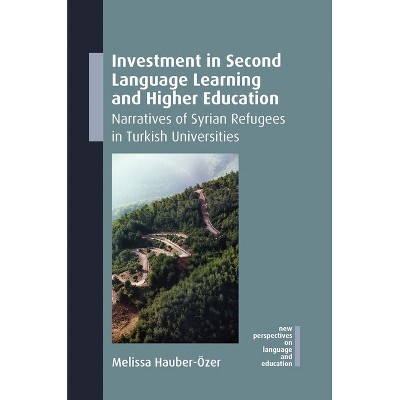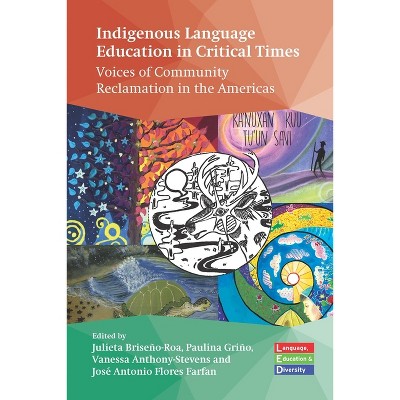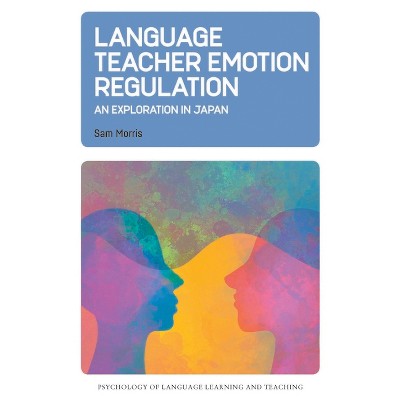Sponsored

Inside Refugee Support Work - (Language, Mobility and Institutions) by Jonas Hassemer (Hardcover)
Pre-order
Sponsored
About this item
Highlights
- Presents a situated, ethnographically grounded, sociolinguistic critique of politics of difference and inequality in contemporary Central Europe.
- About the Author: Jonas Hassemer is a Postdoctoral Researcher at the Department of Linguistics, University of Vienna, Austria.
- 248 Pages
- Social Science, Emigration & Immigration
- Series Name: Language, Mobility and Institutions
Description
About the Book
This book explores the construction of linguistic, 'languaged' and professional subjectivities in the context of refugee support work in Austria. It becomes clear that language remains a sign of Otherness, even while being central to the services offered.
Book Synopsis
Presents a situated, ethnographically grounded, sociolinguistic critique of politics of difference and inequality in contemporary Central Europe.
This book explores the construction of 'languaged' and professional subjectivities in the context of refugee support work in Austria. It presents ethnographic insights into how language and linguistic practice come to matter both as part of a migration infrastructure in transformation, and in the efforts within a particular institution to reinvent itself as it struggles for survival in the context of shrinking public and state support for refugee provision.
The author focuses on how transformation processes play out in counsellors' and volunteer interpreters' conceptions of themselves as professionals and speaking subjects when confronted with the political and ethical dilemmas of an increasingly precarised work context. It becomes clear that language, while being central to the services offered, remains a sign of Otherness in a 'languaged' instutional order.
About the Author
Jonas Hassemer is a Postdoctoral Researcher at the Department of Linguistics, University of Vienna, Austria. His research focuses on ethnographic approaches to multilingualism, language and social inequality, subjectivation and the lived experience of language.
Shipping details
Return details
Trending Non-Fiction











